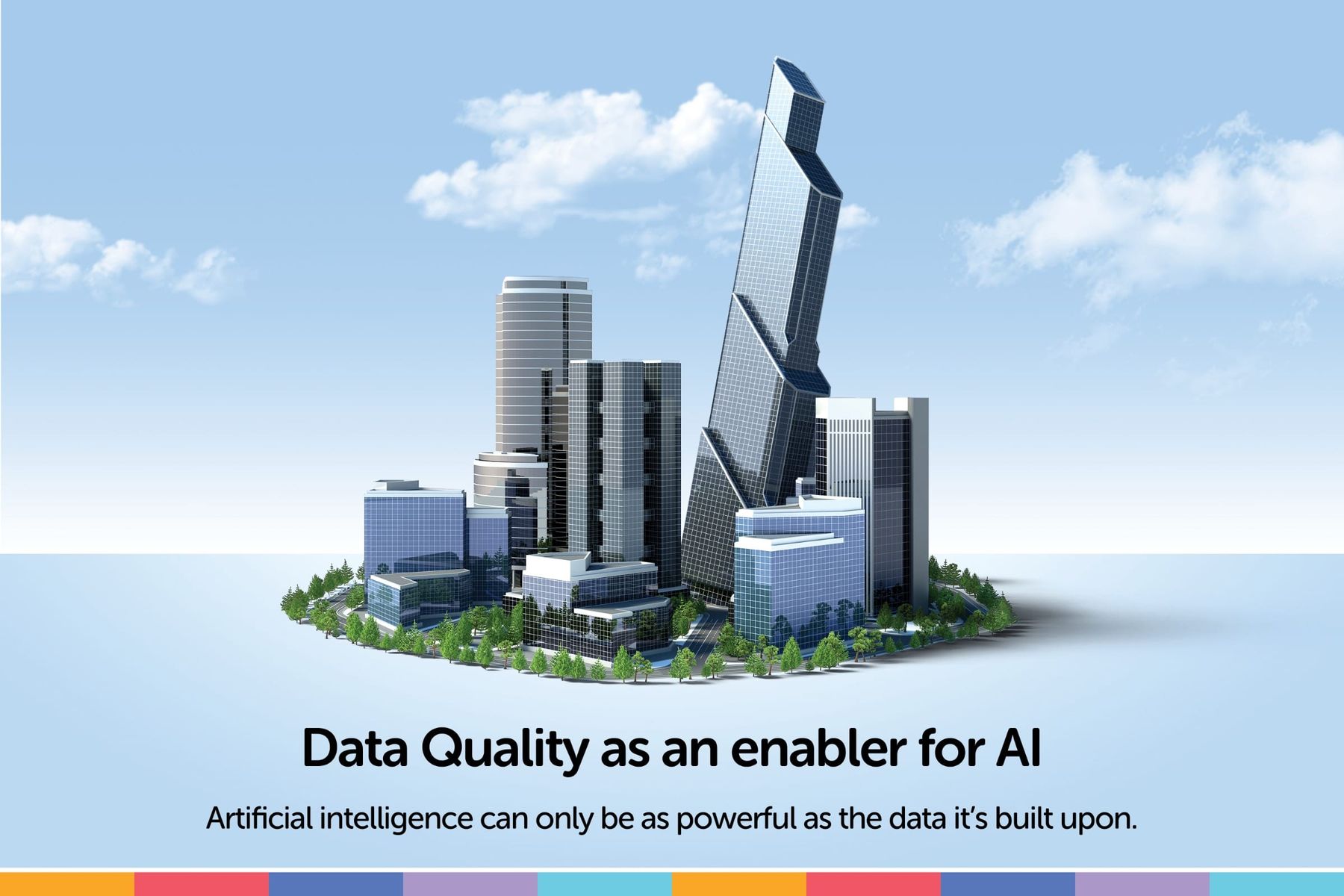
Data Quality as an Enabler for AI
We tend to talk about artificial intelligence as if it’s self-sufficient, an independent force transforming how we work. But AI’s real power depends on something far more basic: the quality of the data it’s built on. The truth is that without high-quality, consistent, and well-structured data, even the most advanced AI tools can fail to deliver meaningful results
AI needs more than data, it needs quality data
AI models depend on patterns within data to make predictions, automate processes, and uncover insights. But when that data is incomplete, duplicated, or stored inconsistently across systems, it undermines both accuracy and confidence. Poor data quality can cause automation errors, misleading analytics, and compliance risks, all of which erode trust in AI-driven decisions.
For the trust and corporate services sector, this challenge is magnified by the complexity of client structures, regulatory requirements, and cross-jurisdictional reporting. AI has immense potential here, from automating due diligence and transaction monitoring to reviewing risk - but only if the underlying data is clean, consistent, and contextually correct.
Building the right foundations
Improving data quality isn’t simply a one-off project, it has to start with an operational mindset. Businesses need to create a single, reliable source of truth where client, entity, and transactional data are aligned and traceable. Data governance policies, validation rules, and smart integration between systems are essential to make that possible.
It’s also about recognising that every new digital initiative, especially those involving AI, should start by assessing data readiness. This means understanding where data originates, how it moves, who uses it, and whether it’s structured in a way that allows AI to interpret it accurately.
The payoff
When data quality is prioritised, AI can deliver on its promise: faster insights, enhanced risk management, and more efficient operations. High-quality data enables automation to run confidently, reporting to become more meaningful, and decision-making to shift from reactive to predictive. For many firms, it’s not a question of whether AI will add value, but when the data is ready for it.
Where do you start?
The first step is to take a clear, honest look at your existing systems and processes. How well do they perform? How do they communicate with each other? Are there gaps, overlaps, or areas where data is being duplicated or left behind?
Establishing this baseline gives you a sense of data readiness and it often reveals opportunities for improvement long before AI even enters the conversation.
For example, within the trust and corporate services sector, solutions like Vega’s Acumen platform bring structure and control to client and entity data, ensuring consistency, accuracy, and compliance across the organisation. When information needs to move beyond a single system, platforms such as DigiHub can integrate data from multiple sources, maintaining traceability and integrity across departments and jurisdictions.
Together, these kinds of systems create the complete data environment that AI depends on one where information is clean, connected, and ready to deliver real value.


